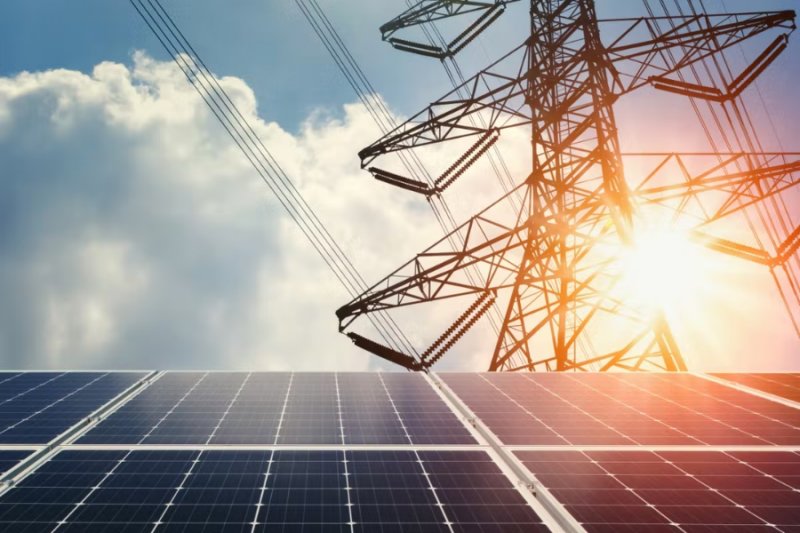Energy is essential to our everyday lives, and it’s something we take for granted. Whether we’re using electricity to power our devices or gasoline to get us to work, we rely on energy to function. The future of energy is something that’s both exciting and worrying at the same time. On the one hand, we know that renewables such as solar and wind are getting more and more affordable, which means they will become more and more important in the years to come. On the other hand, fossil fuels still have a lot of benefits, and we may not be able to completely switch over to renewables just yet. In this article, we will explore some of the key factors behind the future of energy and what you can do to ensure a sustainable future for yourself.
The Dangers of dependence on fossil fuels
The dangers of dependence on fossil fuels are well known. They include the threat of global warming, which is caused by emissions from burning fossil fuels. There are also the risks associated with accidents and natural disasters, such as those caused by hurricanes and earthquakes. In addition, reliance on fossil fuels means that we cannot rely on them in an emergency, such as when there is a power outage.
Fortunately, there are many more options for energy than just relying on fossil fuels. Renewable sources, such as solar and wind, can provide a good source of energy without contributing to climate change. And electric cars can help reduce our reliance on oil and gas.
It’s important to continue researching different types of energy so that we can make the best choices for our future. We can power our world without risking our safety or the environment – it’s up to us to choose energy wisely!
The benefits of renewable energy
Renewable energy is becoming an increasingly popular choice for those looking to reduce their carbon footprint. According to the International Energy Agency, renewables accounted for 27 percent of global electricity generation in 2016 – a 5 percent increase from 2015. Renewables are also becoming more affordable as technology improves and costs continue to drop.
Here are some of the benefits of renewable energy:
Renewable energy is environmentally friendly. Fossil fuels – including coal, oil, and natural gas – release greenhouse gases that contribute to climate change. Renewable energy doesn’t produce any greenhouse gases, making it a cleaner option for powering our economy and society.
Renewable energy is sustainable. Unlike fossil fuels, which will eventually run out, renewables can be produced indefinitely without depleting the Earth’s resources. This makes renewable energy an important part of reducing our dependence on fossil fuels and preserving our environment.
Renewable energy is reliable. With no fuel source required once the system is operational, renewables are highly reliable sources of power. They don’t experience the same weather variations as traditional sources of power, meaning they can provide consistent and uninterrupted service when needed most – like during peak hours or during blackouts caused by storms or hurricanes.
Renewable energy is cost-effective. As costs continue to decline, renewables are becoming more affordable than traditional sources of power such as fossil fuels. In fact, rooftop solar systems now cost less than conventional electricity services in
The future of energy
The future of energy is in our hands. We have the power to choose energy which sources of, we use and how we use them. And, as we learn more about renewables and energy efficiency, the future looks even brighter for clean, safe, and sustainable energy.
There are many different types of energy available to us today – traditional fossil fuels like oil, natural gas, and coal; renewable resources like solar, wind, and hydro; and nuclear power. Each has its own benefits and disadvantages.
fossil fuels are the oldest form of energy and they provide the most obvious source of heat and light. They’re also the most polluting – when they’re burned they create harmful greenhouse gases that contribute to climate change.
Renewables like solar, wind, and hydro generate power through the sun’s rays, wind speeds, or flowing water. They’re generally easier to install than traditional sources of energy because they don’t require large amounts of land or water. But they can be less reliable in times of bad weather or during periods of high demand – unlike traditional sources of energy that always deliver power regardless of conditions.
Nuclear power is a renewable resource that generates electricity using nuclear reactions inside an atomic reactor. It’s considered a safe source of energy because it doesn’t produce harmful emissions like those from other forms of fuel combustion. However, there’s still some concern about nuclear accidents – even minor ones could cause widespread damage and release radioactive material into the environment.
Conclusion
The future of energy is looking bright, thanks to advances in technology and the development of new sources. We are finally starting to see progress on renewable energy sources like solar and wind, which are becoming more affordable every day. In addition, technologies like artificial intelligence and blockchain are helping us find new ways to use energy more efficiently. This puts us on the cusp of a truly sustainable future where we can rely on our own natural resources to power our lives. Thank you for reading!
